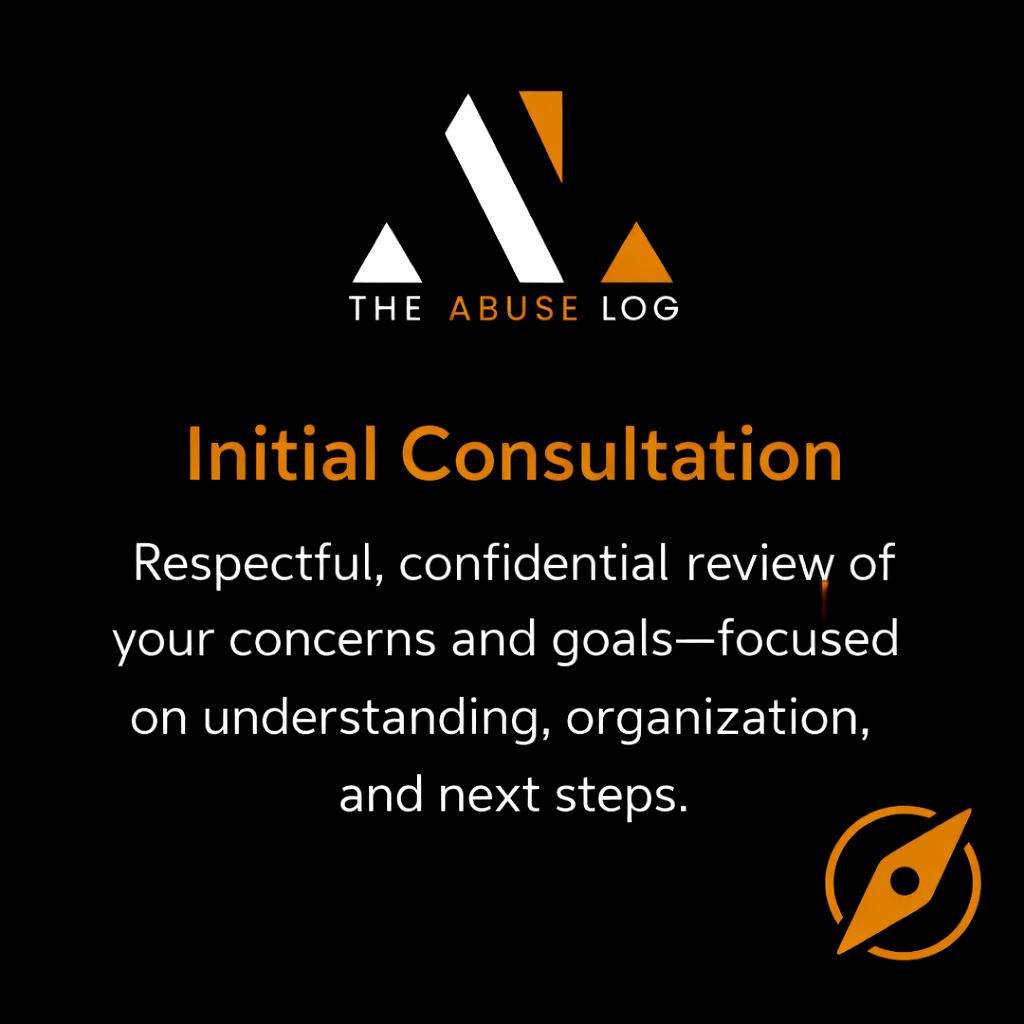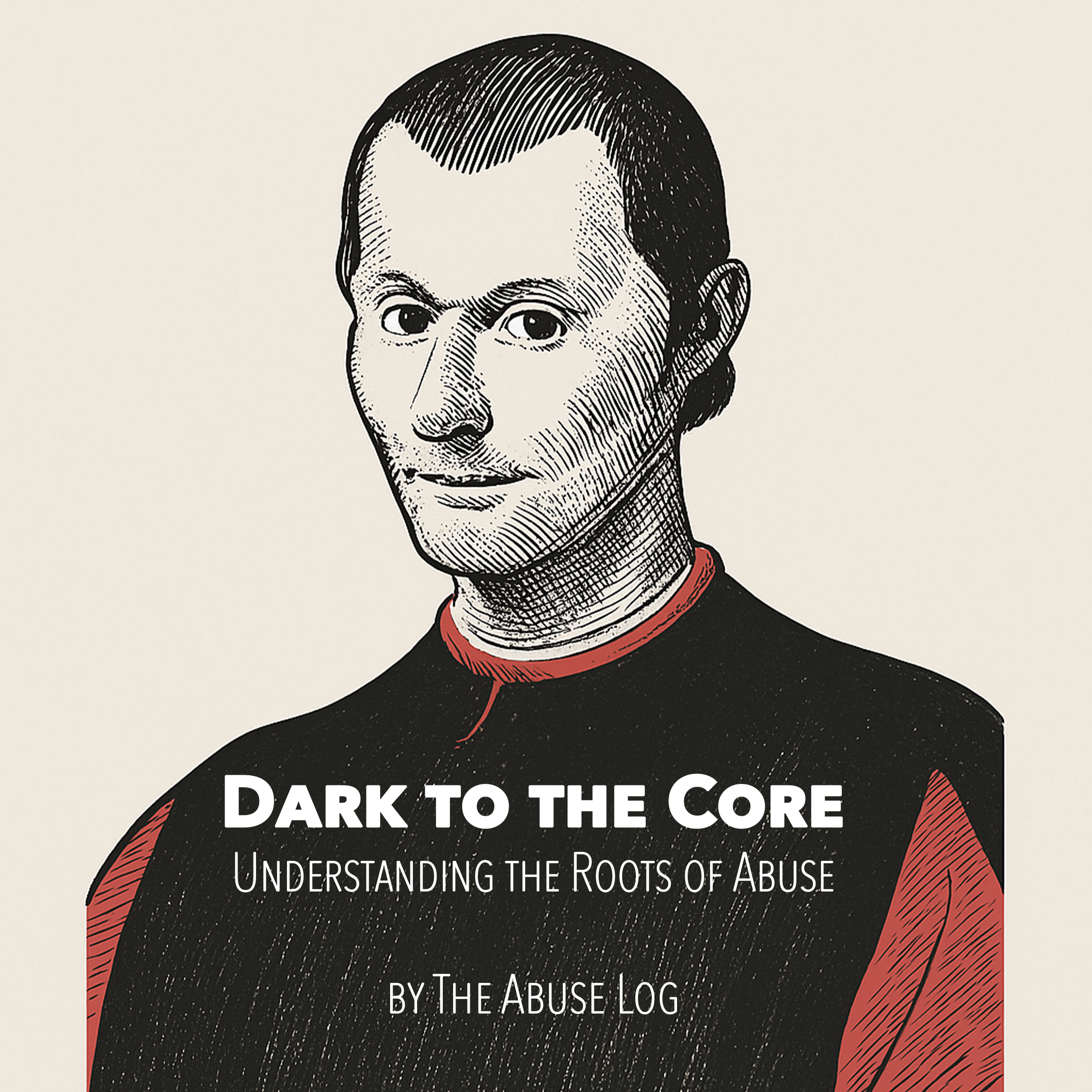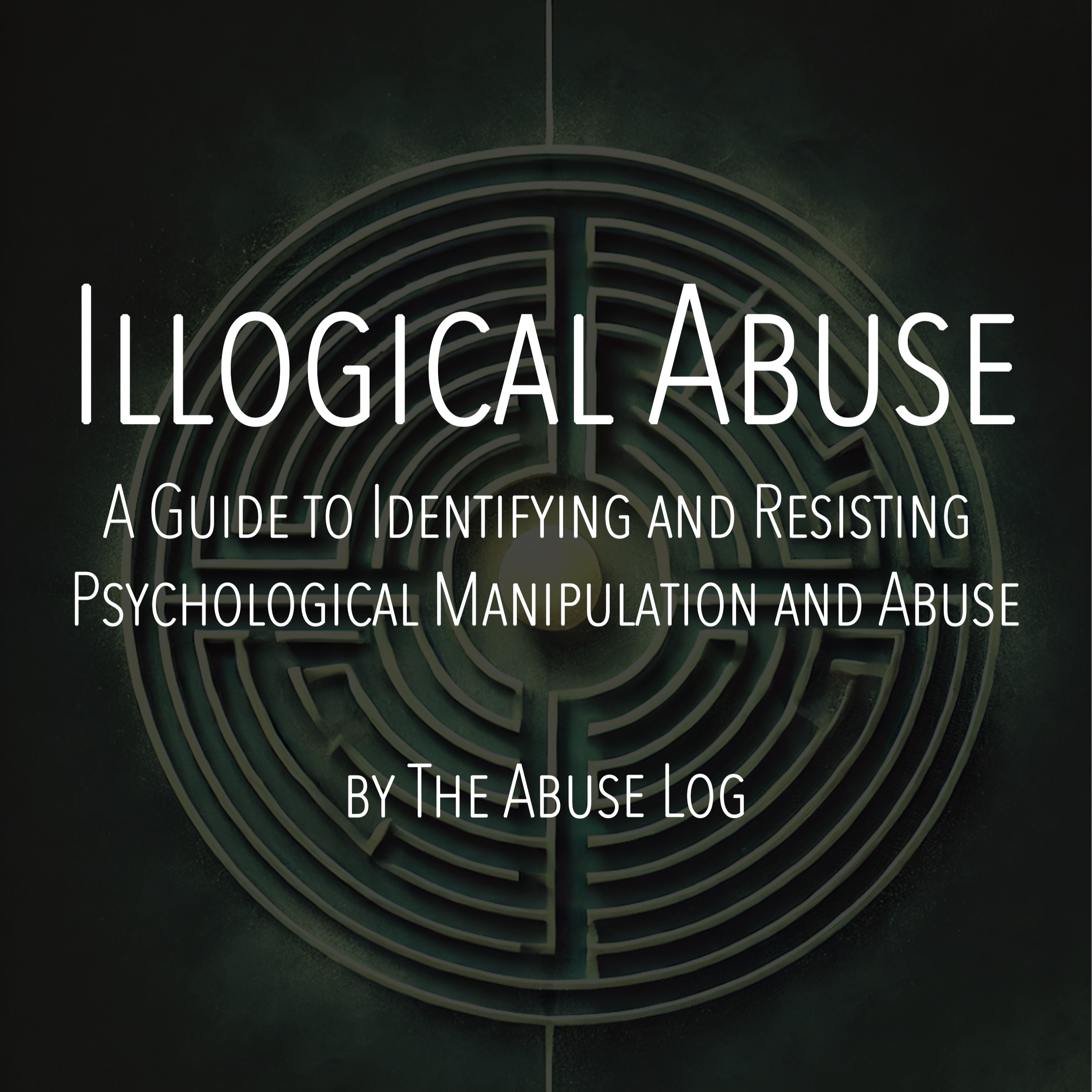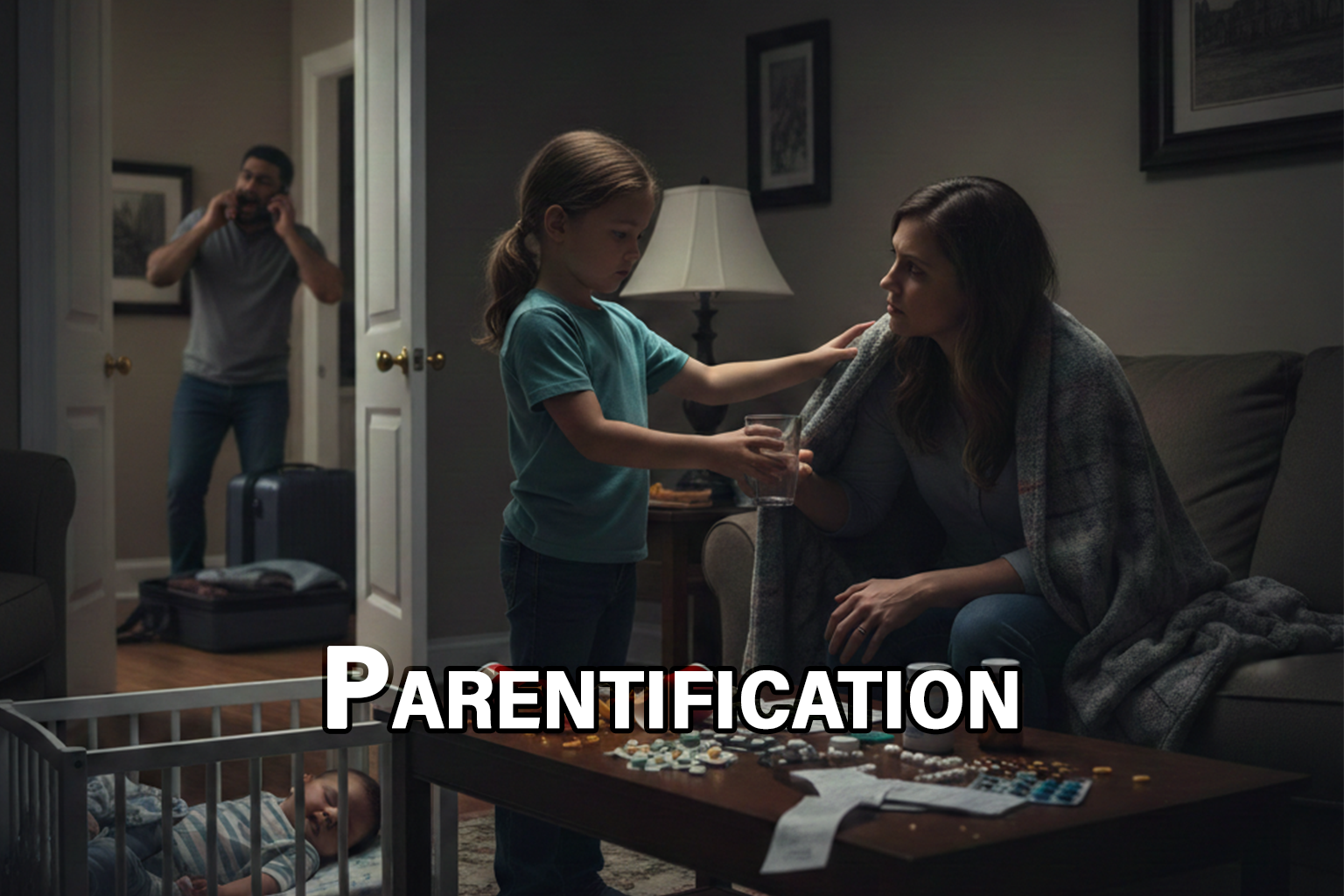Narcissistic Abuse: Isolation & Social Deprivation
Isolation is a devastating tactic in narcissistic abuse, designed to sever the target’s connections to friends, family, and other support networks. Through tactics like triangulation and smear campaigns, narcissists cut off these essential sources of emotional, social, and practical support, effectively trapping the target in a cycle of dependency and control. Unlike overt control tactics, isolation often creeps in gradually, masking itself as concern or love until the target is left feeling alone, powerless, and reliant solely on the narcissist for validation, guidance, and even basic needs.
Isolation, when paired with triangulation and smear campaigns, has a uniquely destructive impact. Triangulation manipulates the target’s relationships to create rivalry, distrust, and confusion, while smear campaigns actively destroy the target’s reputation and credibility within their social circles. Together, these tactics weave a web of social deprivation that is hard to escape.
Triangulation: Turning Loved Ones into Rivals
Triangulation is a psychological manipulation tactic where the narcissist introduces a third party—often a friend, family member, or even another romantic interest—to create jealousy, rivalry, and insecurity in the target. This third party becomes a “tool” that the narcissist uses to sow division, foster dependency, and manipulate the target’s perceptions of their relationships. By pitting people against one another, the narcissist can maintain control, prevent alliances, and further isolate the target from any support network.
1. Creating Rivalries
In triangulation, the narcissist may openly compare the target to another person, saying things like, “They understand me better than you,” or, “I wish you were more like them.” This not only undermines the target’s self-worth but also creates a sense of rivalry and insecurity. In response, the target may feel pressured to earn back the narcissist’s approval by distancing themselves from other relationships or making themselves more available to the narcissist, isolating them even further.
2. Undermining Friendships and Family Bonds
The narcissist may also use triangulation to interfere with the target’s relationships with friends and family. They might share selective information, half-truths, or lies about what others have supposedly said or done, manipulating the target into distrusting or resenting their own support system. For example, they might say, “Your sister thinks you’re too dependent on me,” or, “Your friend said you’re too emotional.” By distorting the target’s perception of these relationships, the narcissist isolates them further, leaving them feeling as if only the narcissist truly “understands” or “accepts” them.
3. Romantic Jealousy and Loyalty Tests
In romantic relationships, triangulation often involves introducing a romantic rival—either real or fabricated—to make the target feel jealous, insecure, or unworthy. By hinting that they have other romantic options or interests, the narcissist can provoke the target into competing for their attention and approval. This leads to emotional exhaustion, decreased confidence, and, often, a gradual withdrawal from other sources of support as the target becomes focused on pleasing or appeasing the narcissist.
Smear Campaigns: Destroying Reputation and Credibility
A smear campaign is a tactic where the narcissist actively spreads false, exaggerated, or misleading information about the target to friends, family, and even the community. This tactic is designed to discredit the target, erode their social standing, and make it difficult for them to seek or receive support. The narcissist weaponizes the trust others have in them to paint the target as unstable, untrustworthy, or even harmful.
1. Telling Half-Truths and Lies
During a smear campaign, the narcissist often uses half-truths—statements that are partially true but taken out of context—and outright lies to craft a narrative that vilifies the target. For example, if the target once raised their voice in frustration, the narcissist might exaggerate this event, telling others, “They’re always screaming and losing control.” By twisting or inventing details, the narcissist damages the target’s reputation, making it harder for them to reach out for help.
2. Playing the Victim
In many smear campaigns, the narcissist positions themselves as the “victim” of the target’s alleged behavior, portraying the target as abusive, selfish, or mentally unstable. Statements like, “I’ve tried everything to help them, but they just refuse to change,” or “They’re always so irrational—I’m really concerned about their mental health,” elicit sympathy and support for the narcissist while casting doubt on the target’s credibility. This reversal of victim and offender isolates the target even further, as friends and family may distance themselves or question the target’s version of events.
3. Turning Others Against the Target
As the smear campaign spreads, the narcissist manipulates mutual friends, family members, or colleagues into taking their side. They may tell each person a different story, fueling distrust and division between the target and their support network. This leaves the target feeling alienated and “ganged up on,” with no one to turn to for validation or support. In extreme cases, this tactic can even lead to social ostracism, as the target’s network withdraws, believing the narcissist’s narrative over the target’s own experiences.
The Psychological Impact of Isolation through Triangulation and Smear Campaigns
The isolation caused by triangulation and smear campaigns has a profoundly damaging psychological impact. Targets of narcissistic isolation often feel trapped, lonely, and emotionally exhausted. Without access to their support network, they become increasingly dependent on the narcissist, who now holds full control over their sense of reality, self-worth, and well-being.
1. Loss of Reality Anchors
When isolated from friends and family, targets lose access to “reality anchors”—the people who provide them with alternative perspectives, empathy, and validation. Without these relationships, it becomes harder for the target to differentiate between manipulation and reality, increasing the likelihood of accepting the narcissist’s distorted narrative. Over time, this creates a sense of dependency, where the target feels that only the narcissist truly “understands” them, reinforcing their attachment to the abuser.
2. Erosion of Self-Esteem
As triangulation and smear campaigns erode the target’s social network, they may internalize the narcissist’s negative portrayals of them. Being told repeatedly that they are unworthy, irrational, or unstable can cause severe damage to the target’s self-esteem, making them more susceptible to further manipulation. They may start to believe that they don’t deserve the support of others or that they are somehow at fault for the deterioration of their relationships.
3. Increased Dependency on the Narcissist
Without a support network, the target becomes increasingly reliant on the narcissist for validation, companionship, and even a sense of purpose. This dependency is the ultimate goal of isolation tactics—it allows the narcissist to maintain control over every aspect of the target’s life. The target may even become fearful of seeking out new relationships, believing that they’re “difficult to get along with” or “undeserving” of companionship.
The Long-Term Consequences of Isolation in Narcissistic Abuse
Isolation through triangulation, smear campaigns, and direct restriction has severe long-term effects on the target’s mental health, emotional resilience, and overall well-being. The experience of being cut off from support networks can lead to chronic loneliness, depression, anxiety, and in some cases, a form of learned helplessness where the target feels incapable of escaping the relationship.
1. Social Anxiety and Distrust
After enduring triangulation and smear campaigns, targets of narcissistic abuse often develop social anxiety and a heightened distrust of others. They may become hyper-vigilant, fearing that others will betray them or believe the narcissist’s lies. This fear makes it difficult to build new relationships, even after the narcissistic relationship has ended.
2. Depression and Feelings of Hopelessness
The emotional toll of isolation can lead to depression, as the target feels increasingly alone and trapped. The absence of social support and the constant presence of the narcissist’s negativity create a cycle of hopelessness, where the target believes that they have no way out and no one to turn to. This sense of entrapment can lead to deep-seated feelings of despair and worthlessness.
3. Identity Erosion
Being isolated from supportive people who affirm their sense of self can lead the target to lose touch with their own identity. They may find themselves questioning who they are, what they believe, and what they want, as the narcissist’s influence takes over their thoughts, feelings, and self-concept. Rebuilding a sense of identity after prolonged isolation can be challenging, requiring time, patience, and therapeutic support.
Breaking Free and Rebuilding Support Networks
Breaking free from narcissistic isolation requires understanding and undoing the tactics used to sever support networks. While this process may take time, it is essential for healing and recovery. Reconnecting with trusted individuals, rebuilding self-confidence, and setting clear boundaries are all part of regaining control and fostering healthy, supportive relationships. The Abuse Log App plays a crucial role here, enabling survivors to document experiences, recognize patterns, and strengthen their reality in the face of manipulation.
Recognize the Manipulation
Understanding that isolation was a deliberate tactic to control you is a powerful first step in reclaiming your independence. Acknowledging that the doubts and mistrust the narcissist instilled in you were part of a manipulation strategy can help you see your relationships from a new perspective. Using the Abuse Log App, you can document past interactions that contributed to isolation, reinforcing your awareness of how these tactics functioned to cut you off. Recognizing these patterns is empowering, as it allows you to see the control mechanisms at play and reminds you that they were never a true reflection of your relationships.
Reconnect with Supportive People
Reaching out to friends, family, or trusted individuals can help reestablish your support network. The Abuse Log App is useful here for reviewing past incidents to identify those who have been understanding and supportive. Logging your experiences can provide you with clarity and validation, making it easier to discuss your situation openly and rebuild bonds with others. Remember, those who value you will appreciate your effort to reconnect and understand the complexities of what you’ve endured.
Seek Professional Help
Therapy can provide a safe space to process the effects of isolation and to rebuild self-esteem. A therapist can help you work through lingering self-doubt, regain a sense of identity, and develop strategies for protecting yourself from future manipulation. With documentation from the Abuse Log App, you can provide your therapist with a clear record of abusive incidents, helping them understand the impact of the isolation tactics you faced. The app’s structured format allows you to bring specific examples into therapy sessions, facilitating more focused discussions and aiding in the recovery process.
Challenge Self-Doubt and Reclaim Your Identity
After enduring prolonged isolation and negative portrayals by the narcissist, it’s common to feel residual self-doubt. Rebuilding your self-image can involve self-reflection, journaling, and identifying values that are genuinely your own. Here, the Abuse Log App can help you track progress, log positive affirmations, and recognize moments of strength and resilience. Reviewing your documentation reinforces your sense of identity and validates your own experiences, allowing you to reconnect with who you were before the abuse.
Establish New Boundaries
As you re-establish relationships—especially with those affected by the narcissist’s triangulation or smear campaigns—setting clear boundaries is essential. Boundaries help safeguard your emotional well-being and protect your trust. The Abuse Log App can assist by logging interactions that test your boundaries, helping you stay aware of any behaviors that may undermine your healing. Clear boundaries and documentation empower you to communicate your needs openly, emphasizing mutual respect in these newly reestablished relationships.
Find New Support Networks
If reconnecting with previous relationships isn’t feasible, consider building new connections or joining support groups for survivors of narcissistic abuse. Documenting your journey in the Abuse Log App allows you to track your progress and the insights gained from these new communities. Support groups can offer validation and understanding from people who have shared similar experiences, fostering a sense of hope and connection. The app’s organized documentation can help you identify how your new support network is positively impacting your recovery.
The Role of Documentation in Breaking Free from Isolation
The Abuse Log App is more than a tool for tracking incidents—it is a lifeline for individuals rebuilding their lives after narcissistic abuse. Documenting experiences allows survivors to stay grounded in their reality, validate their emotions, and gain a sense of control over their own story. In isolation, where memory and self-trust may be distorted by gaslighting and manipulation, having a structured log of experiences reinforces clarity and resilience.
By preserving records, setting boundaries, and actively documenting progress, survivors of narcissistic abuse can use the Abuse Log App as a foundation for reclaiming their autonomy, connecting with genuine support networks, and ultimately breaking free from the cycle of isolation and control. Each entry is a step toward regaining independence, rebuilding trust in oneself, and creating a future rooted in empowerment and supportive relationships.
Moving Forward: Reclaiming Independence and Resilience
Isolation, when wielded by a narcissist through tactics like triangulation and smear campaigns, is one of the most psychologically damaging forms of manipulation. It restricts access to social support and resources that are essential for emotional health, causing the target to feel trapped, alone, and dependent on the abuser. However, understanding the mechanisms and impacts of isolation is the first step toward healing. By recognizing these tactics, survivors can reclaim their independence, rediscover their sense of self, and begin the journey of building a support system that empowers them.
The path to recovery involves patience, self-compassion, and the courage to reach out for help, even when it feels daunting. Rebuilding trust in oneself and others is possible with time, resilience, and the support of a healthy community. Isolation may have weakened the target, but through understanding, boundary-setting, and reconnection, survivors can rediscover their strength, reclaim their lives, and create a future rooted in genuine connections and self-worth.
The journey out of isolation is not easy, but with each step toward freedom, resilience grows. For those who have been isolated, breaking free from the narcissist’s control becomes a profound act of reclaiming agency, dignity, and, ultimately, the support and love they deserve.
#NarcissisticAbuse #IsolationTactics #Triangulation #SmearCampaign #Gaslighting #EmotionalAbuse #Manipulation #AbuseRecovery #SurvivorSupport #AbuseLogApp #DocumentingAbuse #MentalHealth #EmotionalHealing #BreakingFree #SupportNetworks #Boundaries #SelfEsteem #DependencyCycle #IdentityReclaiming #RecoveryJourney #EmotionalResilience #ToxicRelationships #ControlTactics #PsychologicalAbuse #NarcissisticTactics #SurvivorEmpowerment #SelfValidation #RebuildSupport
















